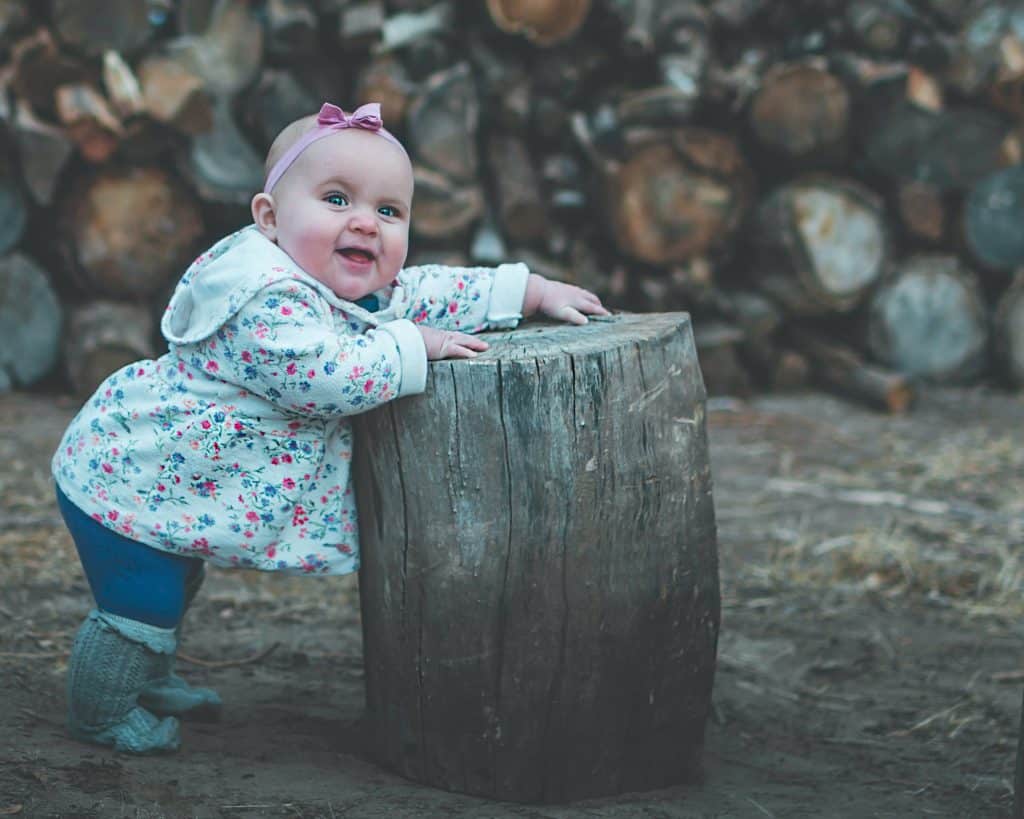Ever wondered what your baby feels or how they experience emotions? Infant emotional development can be an intriguing puzzle, but we’re here to help you put the pieces together. In this post, we’ll demystify early emotional milestones, analyze the importance of attachment, explore the impact of parenting styles, and share practical strategies to support your child’s emotional growth.
Table of Contents
Emotional Milestones: Recognizing Their Growth
Infant emotional development begins even before they come into this world, as your baby starts to recognize your voice in the womb. Once they are born, their emotional journey progresses with various important milestones. Every child is unique and may develop at different rates, so these milestones serve as a general guideline. Furthermore, neurodivergent kids might follow a different emotional development path, making a supportive environment crucial.
| Age Range | Emotional Milestones |
|---|---|
| Birth to 3 months | Babies rely on reflexes and senses to learn about the world around them. |
| 4 to 6 months | Infants start expressing emotions like joy, curiosity, and anger. |
| 7 to 12 months | A heightened sense of self and attachment may lead to separation anxiety. |
| 1 to 2 years | Toddlers mimic adults’ emotions and understand cause-effect relationships. |
| 2 to 3 years | Bitter-sweet development of complex emotions like jealousy, empathy, and pride. |

Read more: What is Emotional Attachment in Kids?
Too Attached? Bolstering the Emotional Anchor
Secure attachment is the cornerstone of infant emotional development. A strong bond with their caregivers teaches babies about trust and safety, setting the stage for optimal emotional growth. The benefits of fostering secure attachment extend beyond emotions and into cognitive and social development. To help cultivate attachment, consider the following tips:
- Be attentive to your baby’s needs and respond consistently
- Maintain eye contact when interacting
- Use physical touch and comforting gestures
For neurodivergent kids, forming secure attachments might require extra sensitivity to their specific needs. They may have unique ways of expressing emotions or need more focused support while developing emotional bonds with caregivers.
Parenting Styles and Emotional Development: A Balancing Act
Did you know that your parenting style impacts your child’s emotional growth? Research shows that an authoritative style — marked by warmth, responsiveness, and clear boundaries — fosters positive emotional development. Conversely, authoritarian or permissive approaches may hinder emotional regulation and self-esteem. But how can you find the right balance?
Sometimes, neurodivergent kids need specific modifications in the parenting approach to feel truly understood. To create a supportive atmosphere, consider implementing these actions:
- Establish a consistent routine and structure
- Encourage open communication and emotional expression
- Reinforce self-esteem through praise and reassurance
- Apply positive discipline strategies with a focus on teaching and learning
- Seek professional assistance when needed

Read more: 5 Emotional Attachment Signs in Kids
Nurturing Infant Emotional Development: Practical Strategies
Supporting your child’s emotional growth, regardless of neurodiversity, is an essential parenting responsibility. Here are five actionable strategies to help you on this journey:
- Talk to your baby: Chat with your infant—it’s never too early to start building their emotional intelligence and language skills.
- Model emotional expression: Kids learn how to handle emotions by mimicking parents, so make sure you’re setting a good example!
- Create a safe, supportive space: Allow your child to explore their emotions freely and learn how to manage them effectively.
- Playtime is key: Engage in fun activities to teach them about emotions and build social skills.
- Read emotion-rich stories: Books that focus on feelings can deepen your child’s understanding of different emotions.
Goally | Apps To Support Child Development
Looking for fun ways to help your child learn life skills? Try Goally! The Goally tablet comes with award-winning learning apps and video classes to help kids develop the skills they need to become independent with FUN & evidence-based practices.

Our apps teach executive function, language, emotional regulation, finger dexterity skills, and more.
As your child develops new skills, you can increase the difficulty level of the tasks in the app to challenge and motivate them even further. This helps your child grow and progress at their own pace, while also keeping them engaged and excited about their development.

Infant Emotional Development: A Lifelong Discovery
In summary, nurturing emotional development is vital for your child’s overall well-being and sets the foundation for future relationships. As you guide your child through this complex world of emotions, remember that every smile, tear, and tender moment helps shape their self-discovery journey. Be it neurotypical or neurodivergent kids, understanding their unique emotional language, nurturing secure attachments, and providing support throughout each phase are the keys to unlocking their true emotional potential.
This post was originally published on 05/28/2023. It was updated on 09/05/2023.

Goally
We help parents teach their kids life skills, like doing bedtime and morning independently. Backed by science, we incorporate evidence-based practices and expert-informed designs in all of our apps and content.





